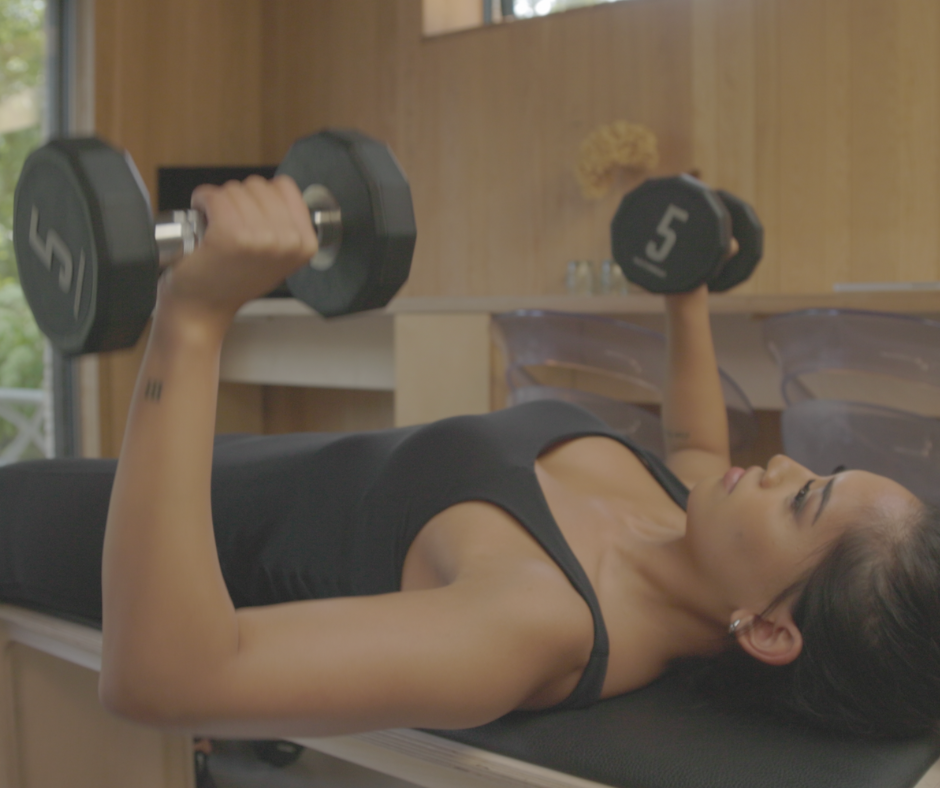
A message from Eddie
Recognising that fitness varies for each individual enables more people to embark on their unique journey. Your exercise experience should be positive, serving to enhance your life—gradually integrate it into your daily routine.
- Eddie Jones, Founder
First things first: What’s the meaning behind the name insidesweat?
At insidesweat, the name carries a dual meaning. Firstly, 'inside' encompasses the spaces of home, garden, and office, while 'sweat' denotes physical activity, movement, exertion, and motion.
Secondly, insidesweat delves into the internal realm, capturing the internal feelings and thought processes associated with the decision to move. 'Sweat' reflects the internal struggle and decision-making process involved in motivating oneself to engage in a workout, take a walk, or participate in any form of exercise.
Importantly, insidesweat isn't about pushing our bodies to the limit until we can't walk anymore. Sweat, in this context, is a natural outcome of motion, achievable through various forms of exercise.
What is your mission with insidesweat?
Our mission is simple: we aim to simplify exercise. By providing people with the knowledge and understanding, we empower them to build better habits into their daily routine. We want individuals to recognize that exercise can take various forms — from a quick 15-minute stretching routine to a structured 45-minute program. Our goal is to help more people to be active.
How did you get the idea for insidesweat?
For 12 years, I've trained a diverse range of clients, achieving remarkable results while living in the United States, Canada, and the UK. It became evident to me that utilizing minimal equipment can yield exceptional health and fitness outcomes. Combined with the preference of my wife, who dislikes crowded commercial gyms, I embarked on rethinking the future of functional exercise.

Movements for living
Whole body fitness for improved mobility, greater strength and increased endurance
Did you know?
Around 40% of the UK population are failing to meet Government recommendations for physical activity. This is a huge problem across the country with 14.6 million people in the UK having a disability. Mobility was the most frequently reported impairment type (46%), followed by stamina, breathing or fatigue (33%), and mental health (29%). Exercise has been proven to significantly improve all three aspects.


